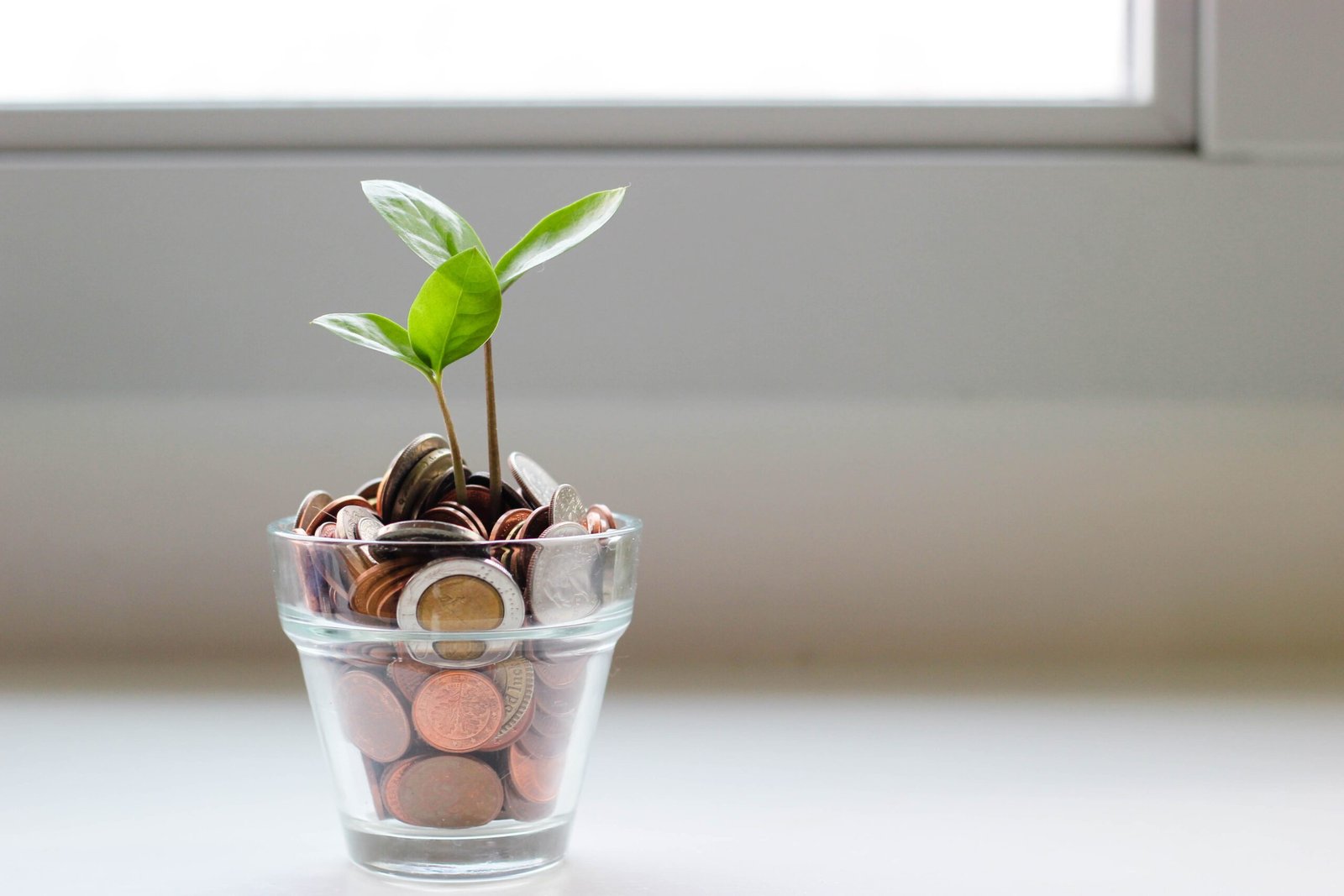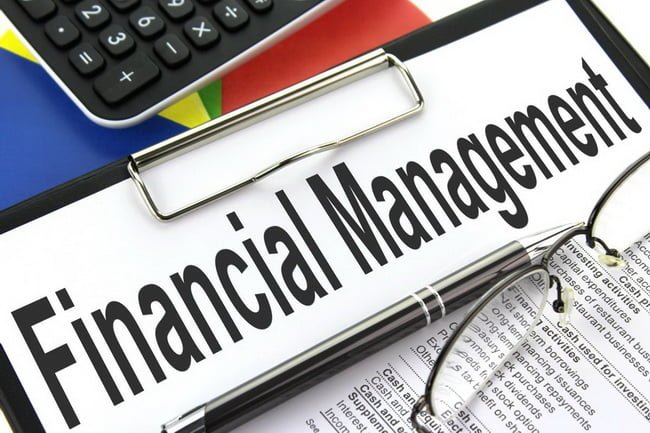Q: What is a personal loan? A: A personal loan is an unsecured loan that you can obtain from a bank, credit union, or online lender. It is typically used for personal expenses, such as consolidating debt, making a large purchase, or covering unexpected expenses.
Q: How does a personal loan work? A: When you apply for a personal loan, the lender will review your credit history and income to determine whether you are eligible and what interest rate you will receive. If approved, you will receive the loan amount upfront and will typically have a set amount of time to repay it, along with interest and any fees.
Q: What is the difference between a secured and unsecured personal loan? A: A secured personal loan requires you to put up collateral, such as a car or house, to secure the loan. An unsecured personal loan does not require collateral and is based solely on your creditworthiness.
Q: How much can I borrow with a personal loan? A: The amount you can borrow with a personal loan varies by lender and is typically based on your credit score, income, and other factors. Personal loans generally range from a few thousand dollars to tens of thousands of dollars.
Q: How long does it take to get approved for a personal loan? A: The time it takes to get approved for a personal loan varies by lender. Some lenders may offer instant approval, while others may take several days to review your application.
Q: What is the interest rate on a personal loan? A: The interest rate on a personal loan varies by lender and is based on your creditworthiness. Generally, borrowers with better credit scores will receive lower interest rates.
Q: How long do I have to repay a personal loan? A: The repayment period for a personal loan varies by lender and can range from a few months to several years. Typically, longer repayment periods result in lower monthly payments but may result in higher overall interest charges.
Q: Can I pay off a personal loan early? A: Yes, most personal loans allow you to pay off the loan early without penalty. However, it’s important to check with your lender to make sure.
Q: What happens if I can’t repay my personal loan? A: If you can’t repay your personal loan, your lender may report the late or missed payments to the credit bureaus, which could negatively impact your credit score. Additionally, the lender may take legal action to collect the debt, which could result in wage garnishment or a lawsuit.












